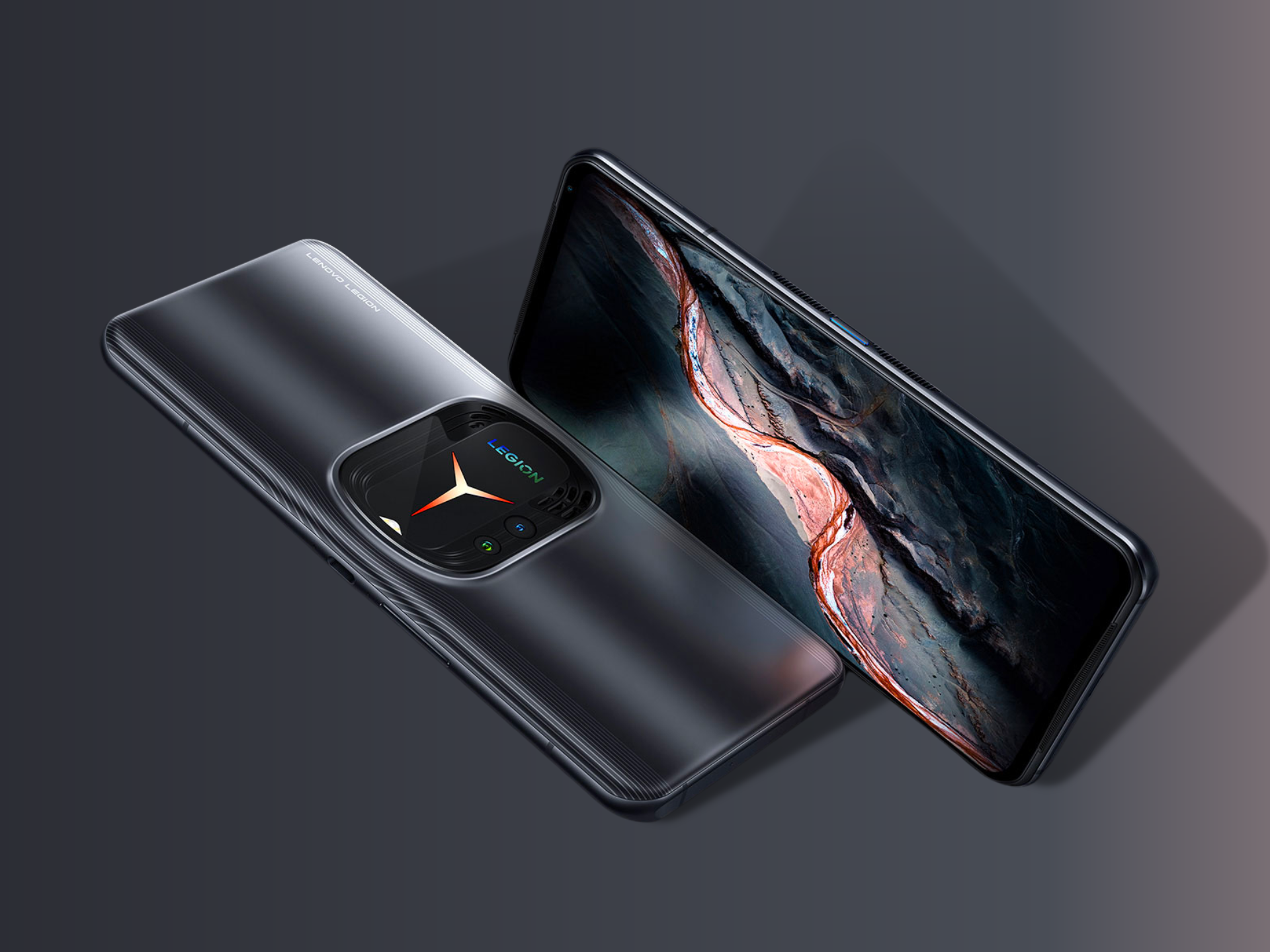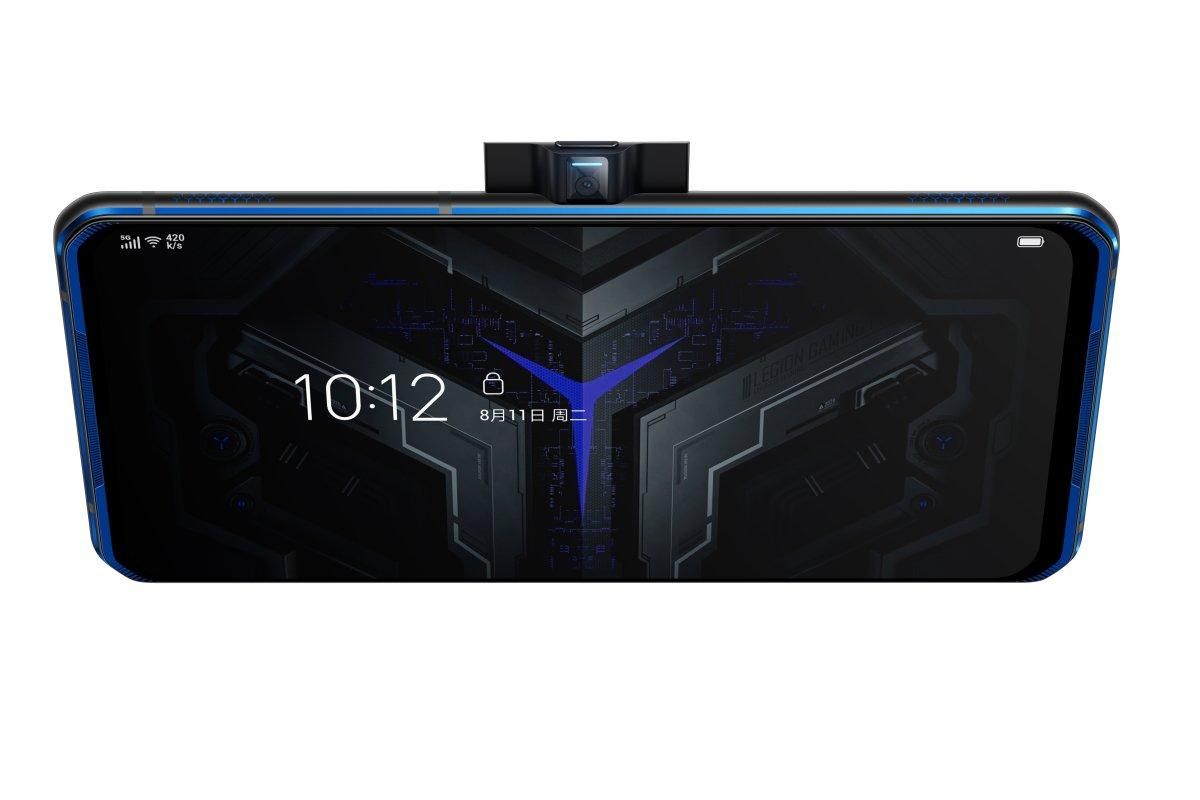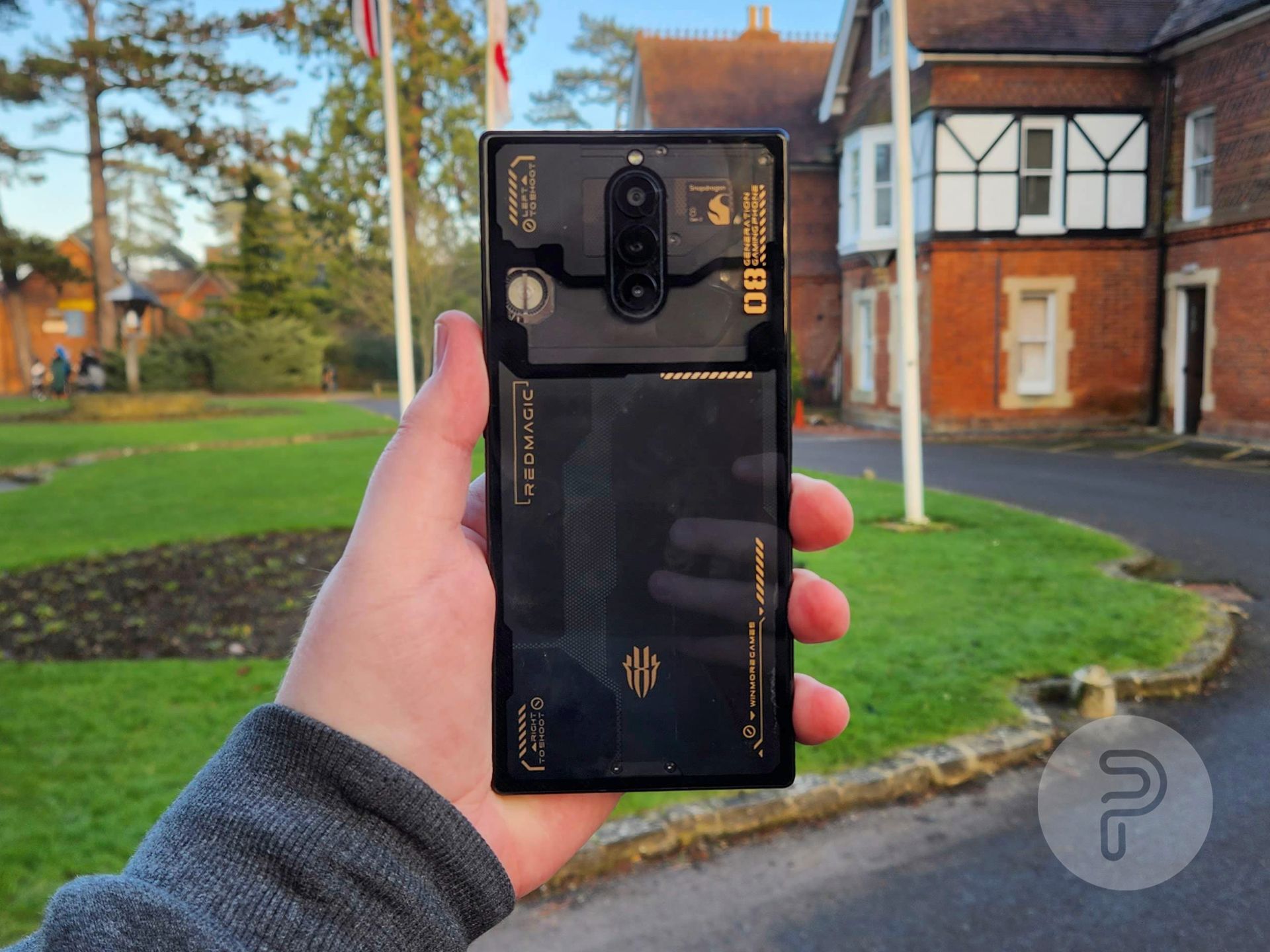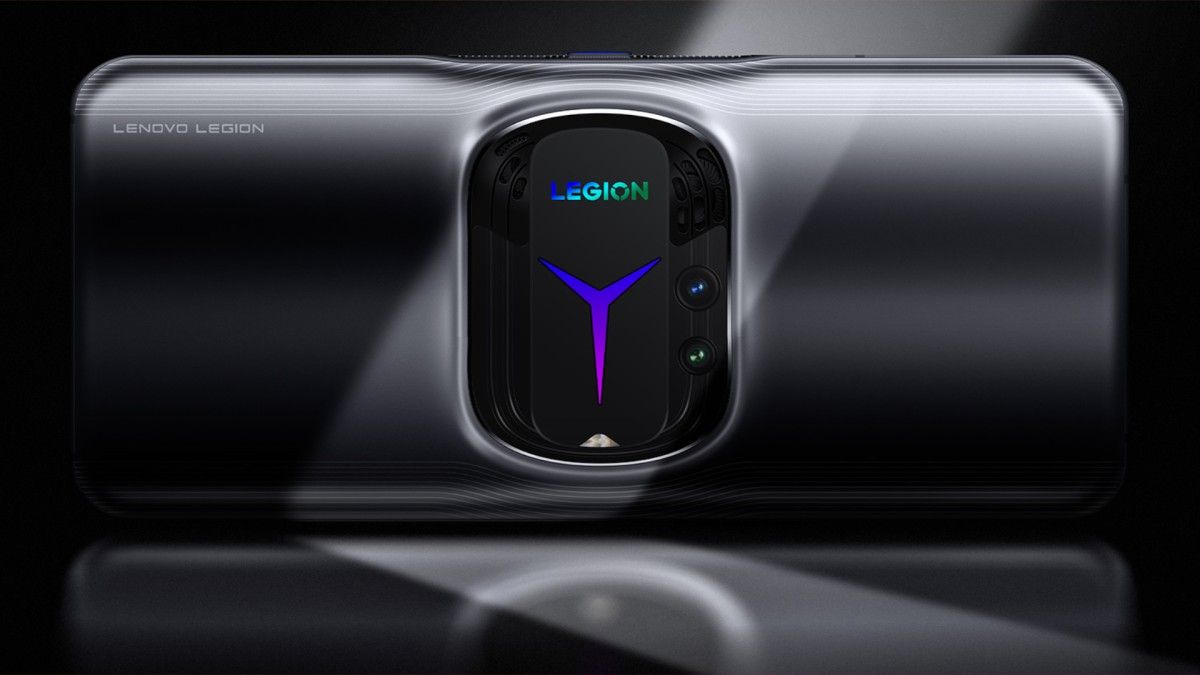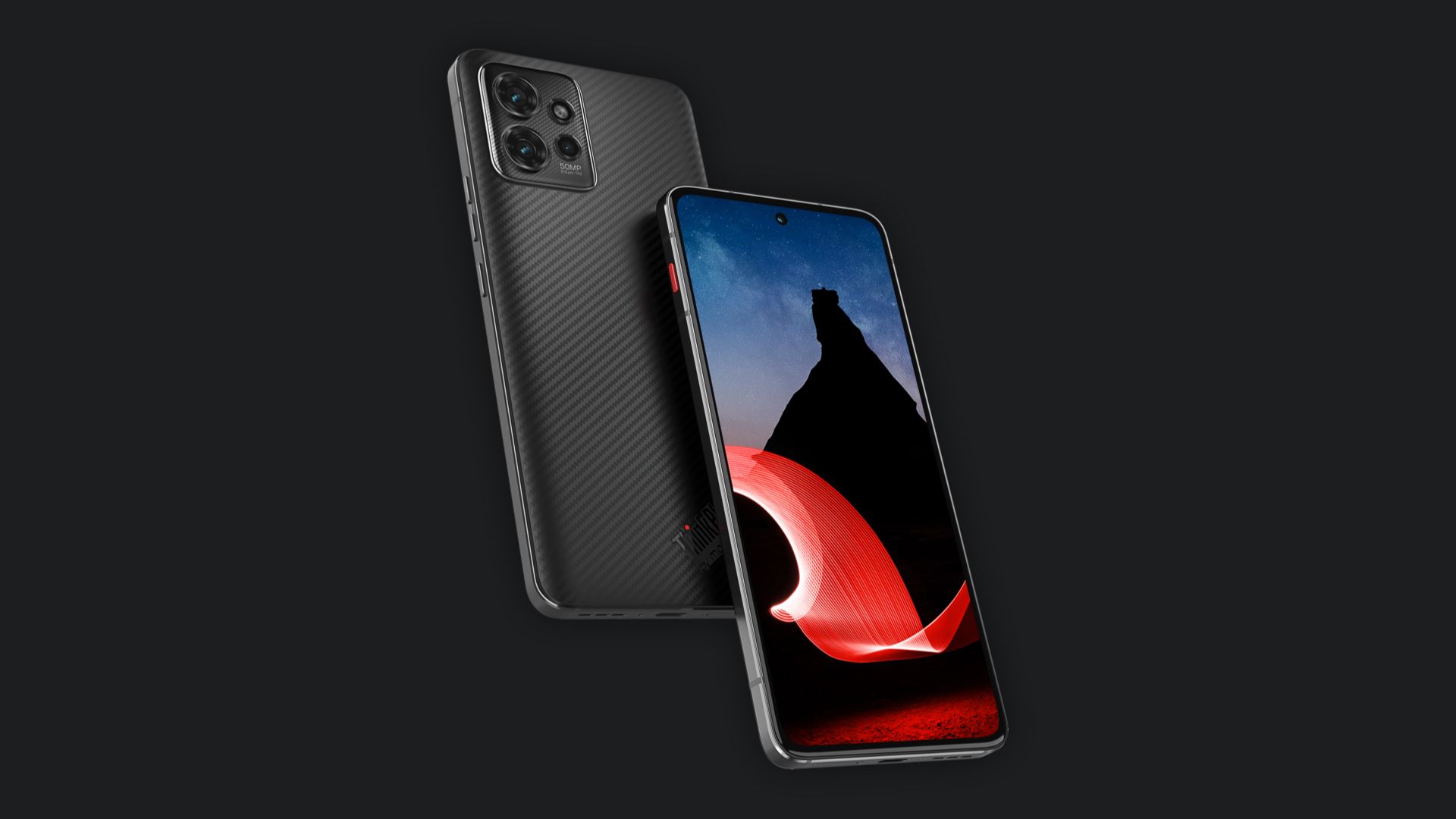Lenovo announced its first gaming phone, the Legion Pro and Legion Duel, back in 2020. The first devices stood out with their high-end specifications, gaming aesthetics, and dual USB-C charging ports. They were nothing we’d seen before and quickly gained traction from gamers and enthusiasts. However, as you might have already read the title, that wasn’t enough to help maintain high costs, and Lenovo eventually announced that it was discontinuing its gaming smartphone business altogether.
The news is hardly surprising, given that we heard rumors about Lenovo shutting down its gaming smartphone business for a while. On March 29, 2023, the company announced that it was shutting down its gaming business and committed to exploring different form factors to support gamers.
A Lenovo spokesperson confirmed to Android Authority that the company had discontinued its gaming smartphone business:
“Lenovo is discontinuing its Android-based Legion mobile gaming phones as part of a wider business transformation and gaming portfolio consolidation. As a leader in gaming devices and solutions, Lenovo is committed to advancing the gaming category across form factors, as well as focusing on where it can bring the most value to the global gaming community.”
Here, we take a look at three plausible explanations that could’ve led to the final shutdown of Lenovo’s gaming phone division. We take a look at why Lenovo failed to gain traction and how its competition challenged it.
Lenovo failed to gain traction outside of China
Lenovo Legion Duel from 2020
Lenovo entered the gaming smartphone market at a very challenging time, when most companies faced shortages and shutdowns due to the raging pandemic. Despite the economic downturn and difficulties, Lenovo seemed to have achieved some success with its first Lenovo Legion Pro and Duel smartphones. The company even revealed their successors a year later.
However, the gaming phones failed to gain traction in Europe and other key markets, and they never really took off. While we don’t have the sales numbers and the number of units Lenovo has shipped, it looked like the company was doing well on its home turf in China.
Lenovo failed to establish itself as a key gaming phone player in the industry, and it was often hard to find its devices on shelves in European and North American markets where it was supposed to be available. Gamers often had to result to importing devices, introducing additional tax and other legal fees that made the phones more expensive.
The competition made things more difficult
The current gaming smartphone market is dominated by three big players. Asus and its ROG lineup, nubia’s REDMAGIC gaming phones, and the Xiaomi-backed BlackShark. It’s very competitive and hard to enter, yet it seemed like Lenovo had it all figured out with its first few devices.
In the beginning, Legion phones had most things gamers would’ve asked for. The phones had flashy RGB colors in the form of a display on the back, two USB-C charging ports capable of extreme charging speeds, the latest high-end Snapdragon SoC, and software features that enhanced the gaming experience.
By the end, Lenovo dropped most of the features in favor of a more classic design. The Lenovo Legion Y70 looked like a standard smartphone and failed to stand out. The phone was also limited to the Chinese market and never left the country.
It all comes down to forever increasing costs
As restrictions started to ease, the demand began to grow, and as a result, parts and other components became harder and more expensive to produce. The inflation has also made things worse, and there are additional tariffs that manufacturers have to cover and, eventually, pass along to customers. This could’ve made it even more challenging for Lenovo to sell its devices at reasonable prices while maintaining a healthy profit margin.
The unknown phone lineup and the low demand have likely contributed to Lenovo’s decision against releasing its recent gaming phones to a wider audience. The Lenovo Legion Y70 was only available in China, and it was never released in Europe or any other markets.
What’s next for Lenovo?
Source: Motorola
It’s hard to predict what a giant company like Lenovo might come up with next, but one can assume that it’ll likely focus on its growing business products. The company recently announced its first ThinkPhone by Motorola, offering seamless integration with ThinkPad and other Lenovo products.
The company also acquired Motorola a while ago, and it’s been focusing on affordable and budget-oriented devices ever since. Motorola tried to re-enter the market with several flagship devices in the p. Still, it it failed to compete with the likes of Google, Samsung, and Apple, which currently dominate the market in North America. That said, Motorola is still holding up, and we expect the company to continue its investments in developing more budget and affordable midrangers in the future.
Check out these powerful gaming phones
-

RedMagic 8 Pro
The nubia REDMAGIC 8 Pro is one of the best and fastest gaming smartphones on the market in 2023. It’s powered by the Snapdragon 8 Gen 2 SoC, up to 16GB of RAM, and up to 512GB of storage. It has responsive shoulder triggers, RGB lights, and even a 20,000 RPM fan to keep things cool. If you’re after the best-performing devices that can effortlessly play any games you want, for however long you want, the REDMAGIC 8 Pro will have you covered.
-
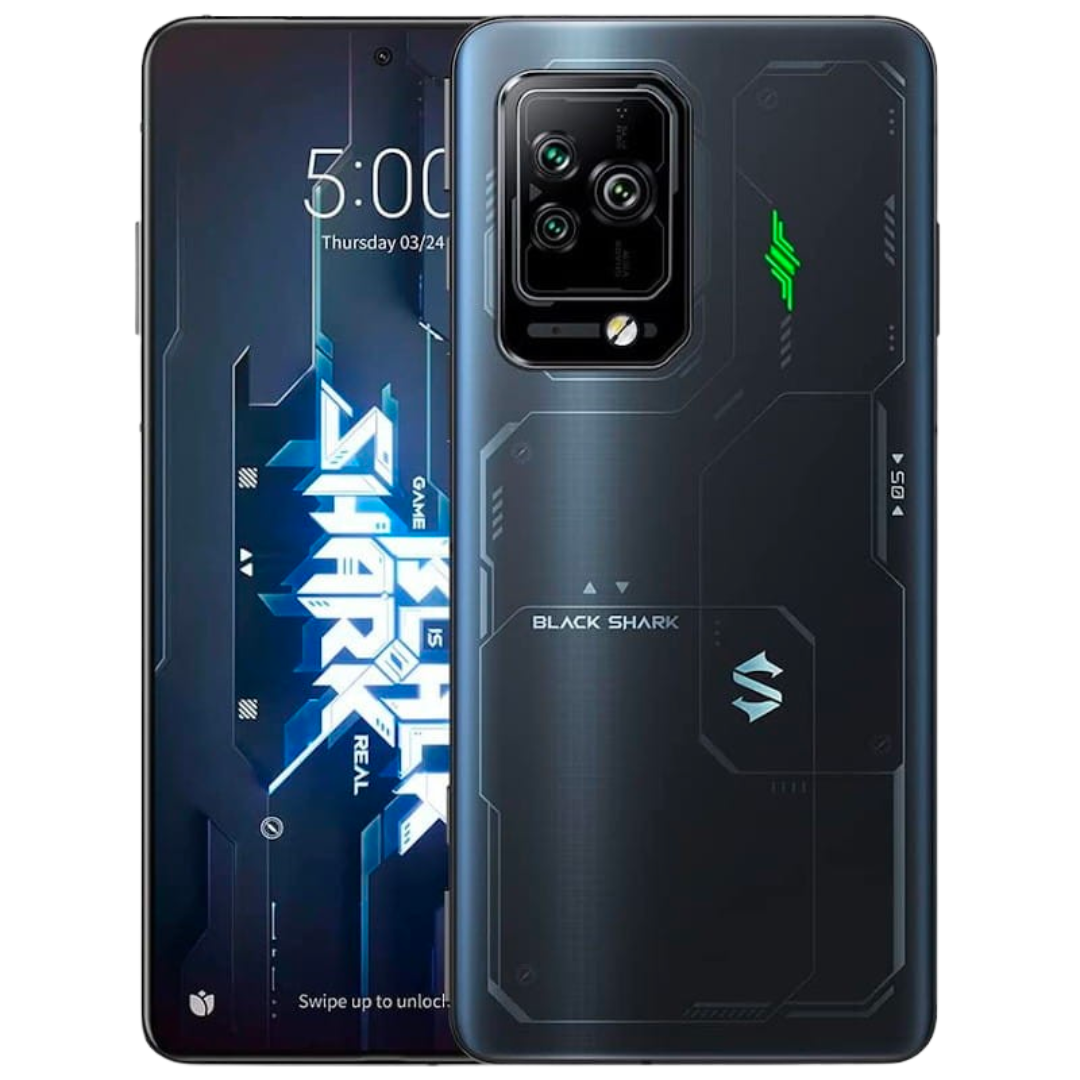
Black Shark 5 Pro
The Black Shark 5 Pro is affordable, powerful, and features physical shoulder trigger buttons for a more comfortable and enjoyable gameplay. It supports 120W fast charging, and it has a decent camera setup on the back.

